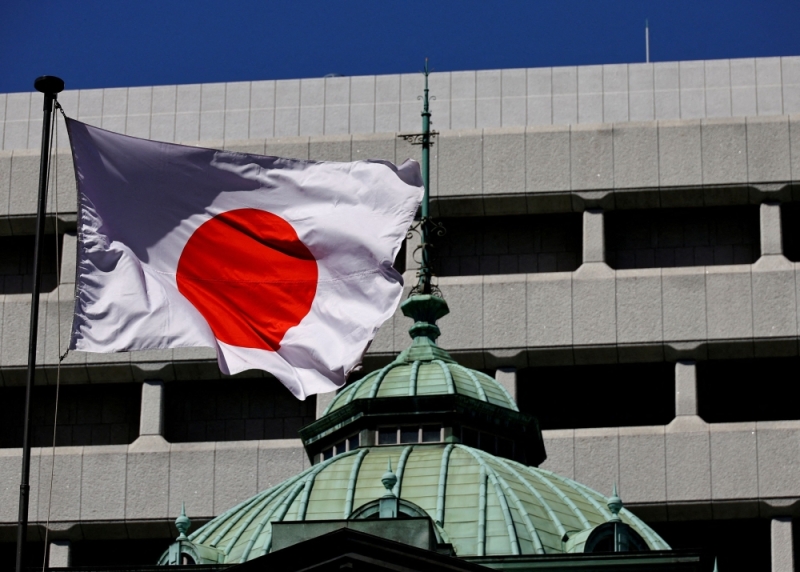
The Bank of Japan has stated that it has no immediate plans to sell its large holdings of exchange-traded funds (ETFs). This is notable as it is being seen as a potential source of revenue to fund government initiatives. Bank of Japan Governor Kazuo Ueda said that they need to take their time in deciding what to do with their ETF holdings, including whether to sell them in the future.
The Bank of Japan (BOJ) is facing a challenge in managing its massive balance sheet after years of trying to end deflation through aggressive money printing. In March, the BOJ finally put an end to its negative interest rates and other unconventional stimulus measures that had been in place since 2010. However, this has sparked a debate about how the central bank should handle the legacy of its unprecedented monetary policy.
The central bank, referring to the Bank of Japan (BOJ), has not yet provided a clear strategy for reducing its significant holdings of ETFs (exchange-traded funds) and government bonds. This hesitation is partly due to concerns about potentially disrupting the stability of financial markets.
However, some members of the BOJ board believe that recent positive market trends may create an opportunity to initiate conversations about the handling of the bank’s ETF holdings. One board member mentioned during the previous policy meeting that these favorable developments could enable discussions on the specific approach to addressing the bank’s ETF holdings.
According to a summary of opinions from the April meeting, one member suggested that the Bank of Japan (BOJ) should aim to reduce its holdings of exchange-traded funds (ETFs) to zero, even if it takes a long time. Currently, the BOJ holds approximately 37 trillion yen ($237 billion) worth of ETFs. Private estimates suggest that the market value of these holdings is around 67 trillion yen as of January, implying potential profits of around 30 trillion yen.
The Bank of Japan (BOJ) has stated that if it decides to sell its holdings of exchange-traded funds (ETFs) in the future, it will do so based on their market value at that time, rather than their book value. This announcement was made by BOJ Deputy Governor Masayoshi Ueda on Friday.
As the BOJ gradually moves towards normalizing its monetary policy, there have been suggestions from politicians and market participants on how to unload the central bank’s significant ETF holdings or use the proceeds for government spending.
The Constitutional Democratic Party of Japan, the country’s largest opposition party, has suggested using the dividends generated from the Bank of Japan’s (BOJ) holdings of exchange-traded funds (ETFs) to finance childcare expenditures. The proposal aims to allocate resources from the BOJ’s investment portfolio towards addressing the pressing need for increased spending on childcare.
Additionally, Ken Shibusawa, a private-sector member of a government panel, has urged the government to establish a dedicated fund that would purchase the BOJ’s ETFs in exchange for perpetual bonds. This would provide a means for the government to acquire the assets and potentially generate income from the dividends.
The proposal by the Constitutional Democratic Party of Japan and the suggestion made by Ken Shibusawa highlight efforts to explore alternative funding sources and address the country’s childcare needs. These proposals will likely be subject to further discussion and evaluation by relevant authorities.
The Bank of Japan (BOJ) currently transfers its profits, which includes earnings from ETF dividends, to the government. However, there has been no announcement regarding how the BOJ’s ETF holdings may be utilized in the future.
According to Kazuo Momma, a former executive at the BOJ, the central bank only has the authority to decide whether or not to sell its ETF holdings. The decision on how the proceeds from such a sale could be used lies solely with the government.
Momma also mentioned that the lack of a clear plan from the government creates a significant obstacle in determining the future of the BOJ’s ETF holdings.
Please note that the exchange rate at the time of writing is $1 = 155.8500 yen.